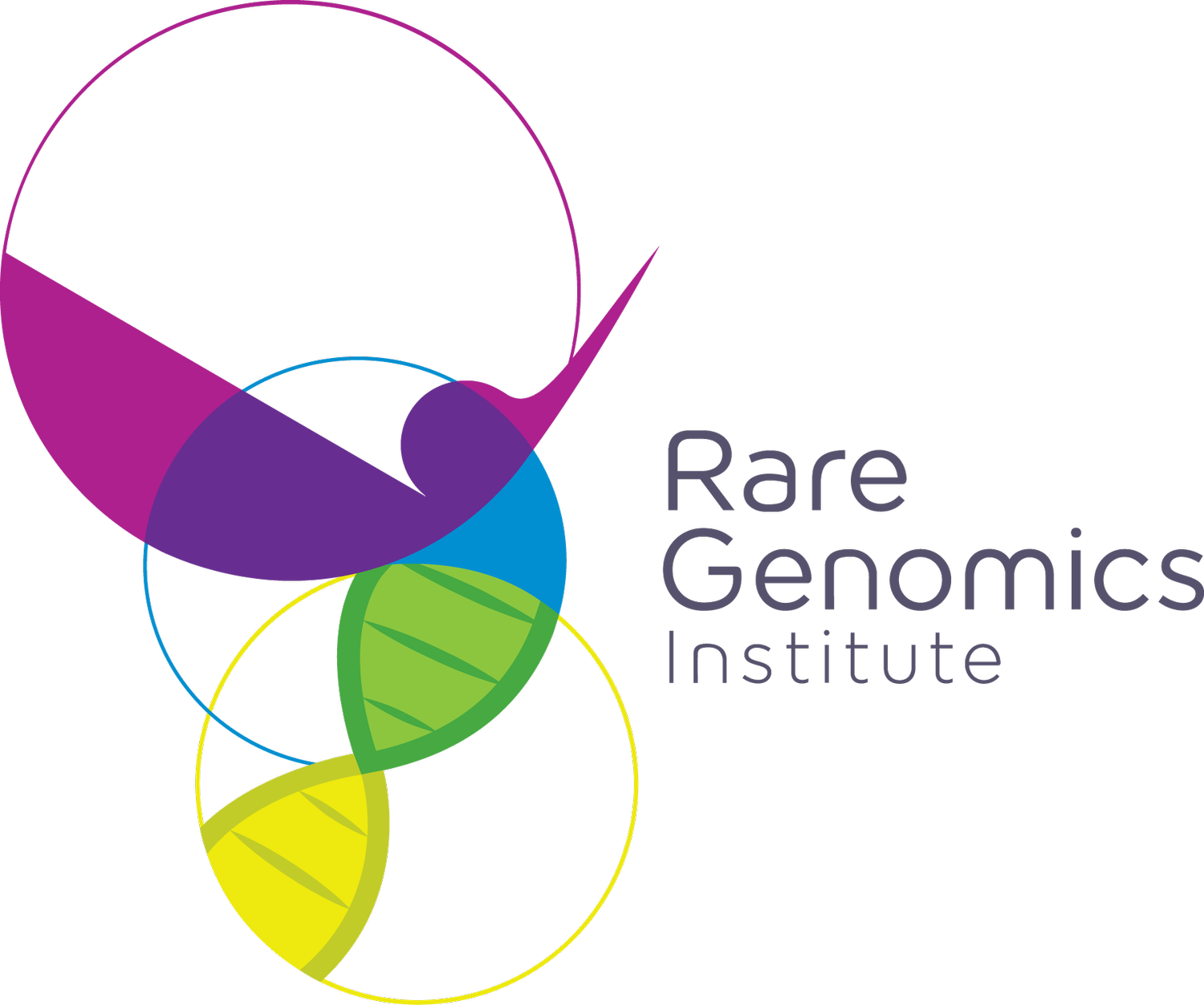
Programs
We provide cost-free patient assistance programs to help individuals living with rare and undiagnosed diseases.
How RG Programs Help
If you have been unable to get answers about a serious health condition affecting you or someone close to you, Rare Genomics Institute may be able to help. Our programs may lead you to helpful resources, support, and information such as:
Connections to genetic sequencing and genome mapping for patients seeking diagnoses who have not yet been sequenced.. Sequencing
Re-analysis for patients who have been sequenced who are still seeking answers.. Sequencing
Searches of up-to-date medical research and findings about newly identified medical conditions and their causes.. Patient Research Services
Connections to communities impacted by similar conditions.. RareShare
Medical devices that may help patients monitor and/or manage their conditions.. RareWear
Interested in any of these services? Take the first step by filling out the contact form linked below.
How To Join Our Programs
1
Fill out our Contact Form
Fill out our contact form, select ‘Patient,’ and provide details on how we can help so that we have some basic information. You may also enter any questions you have on specific programs.
2
Patient Advocate Review
An advocate will get in contact within 3 business days to get detailed information so they help determine whether one of our services can fulfill your needs.
3
Get Matched
After determining if we have a suitable program for you, we will assist in connecting you with the appropriate programs uniquely suited to your needs.
Programs associated with Rare Genomics:
Sequencing
Genome sequencing is the first step toward getting a diagnosis, and appropriate care and resources for those who have not yet had their genome sequenced and analyzed. Rare Genomics Institute can facilitate genome sequencing by putting you in touch with one of our partner organizations to get a genetic sequence.
Patient Research Services
Patient research services focuses on re-analysis of information in the patient's genome to uncover matches between the genetic sequence and the full catalogue of known diagnoses to see if there might be a match.
The rare disease landscape is constantly changing, with newly identified variants of rare diseases occurring frequently, so even if patients were previously sequenced and analyzed, they may benefit from having their genome re-analyzed.
RareWear
Wearable devices such as vital function monitors can dramatically improve quality of life for patients affected by rare disease. Rare Wear is a program that helps to match patients with devices as appropriate devices become available. When a match is made, Rare Genomics will connect patients to one of RareWear’s sponsoring companies to provide a device free of charge. Devices will be provided based on patient need and availability through the duration of the program.
RareShare
Stress and feelings of isolation for patients and families are a secondary consequence of rare disease, so Rare Share works to connect people who are also affected by rare disease. Podcasts and other educational resources also offer up-to-date information about rare diseases to those affected.




